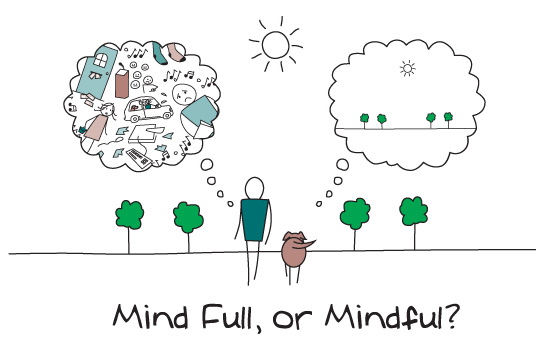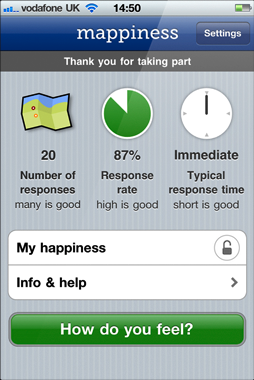“Without gratitude, life can be lonely, depressing and impoverished,” said Emmons. “Gratitude enriches human life. It elevates, energizes, inspires and transforms. People are moved, opened and humbled through expressions of gratitude.” —Dr. Robert Emmons
With US Thanksgiving on the horizon (and Canadian Thanksgiving long gone) we turn our attention to gratitude (and Turkey). Gratitude has been shown to have a very positive effect on our wellbeing:
- Stronger immune systems and lower blood pressure;
- Higher levels of positive emotions;
- More joy, optimism, and happiness;
- Acting with more generosity and compassion;
- Feeling less lonely and isolated.
Have a look at the Happier Huamn for the source of the research, 26 studies and counting. Clearly experiencing and expressing gratitude is a good thing. How grateful are you? The Greater Good Society of UC Berkeley is offer up a gratitude survey:



 Every day they will upload a guided meditation for you to join in…a three week journey, so deepak calls it. Cultivate peaceful awareness.
Every day they will upload a guided meditation for you to join in…a three week journey, so deepak calls it. Cultivate peaceful awareness. 





 1)
1)